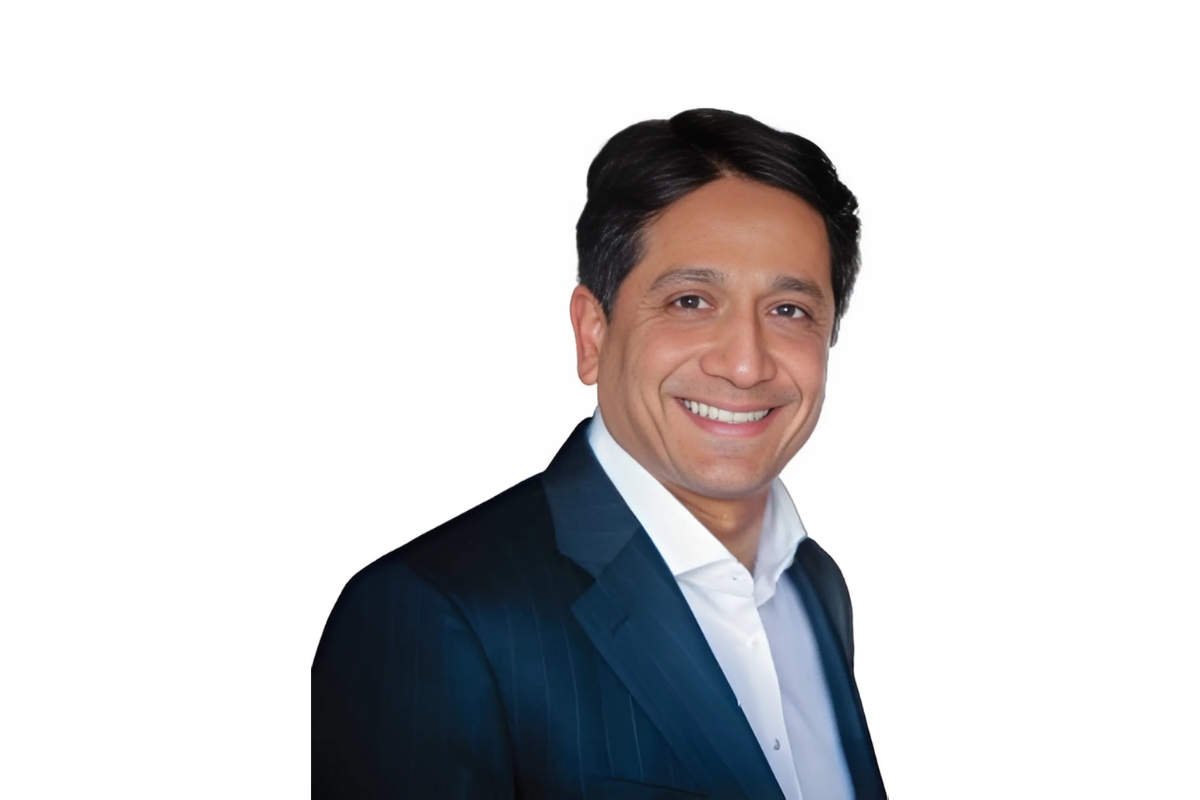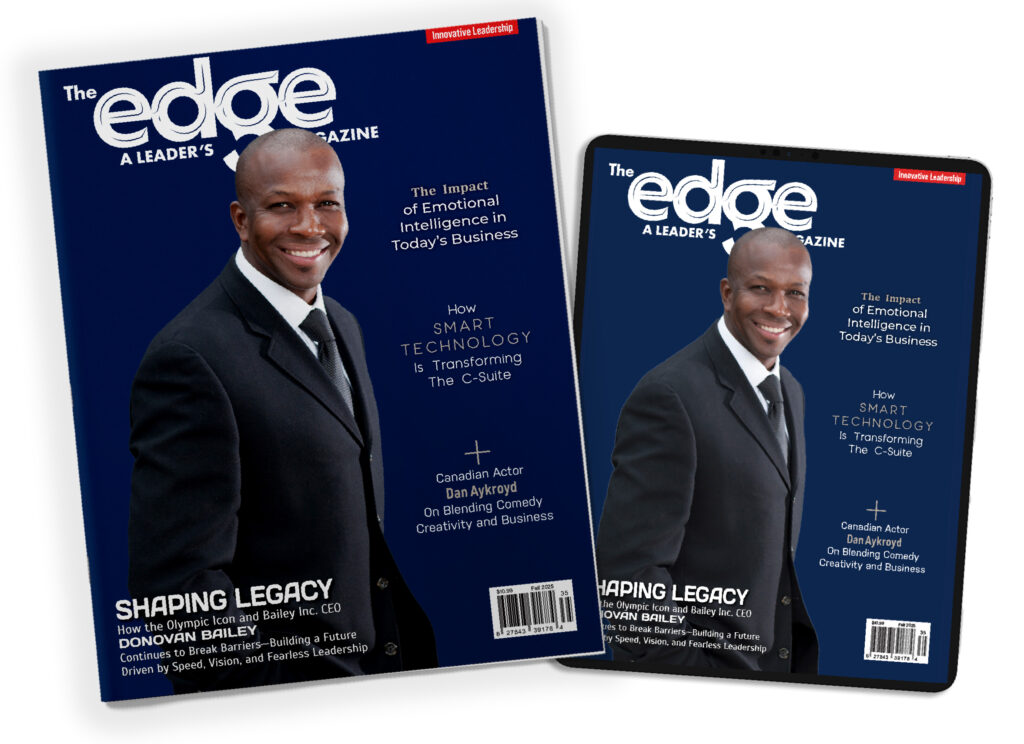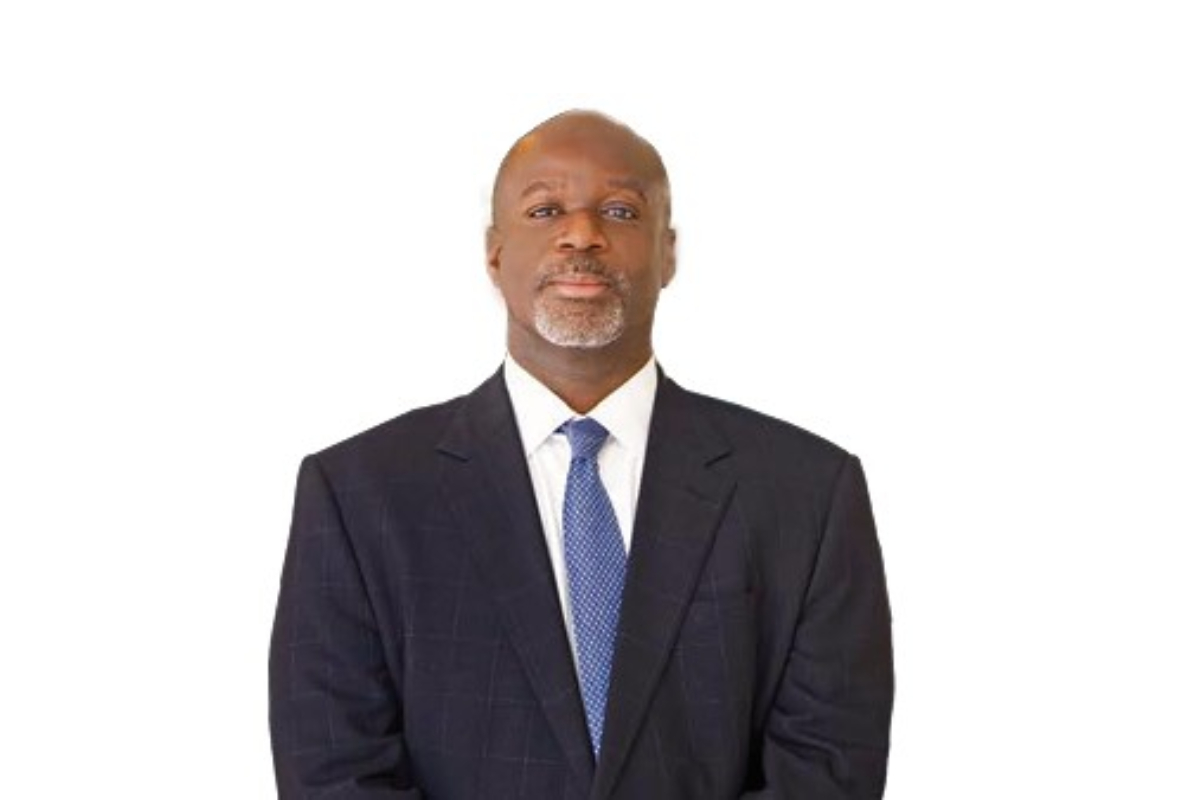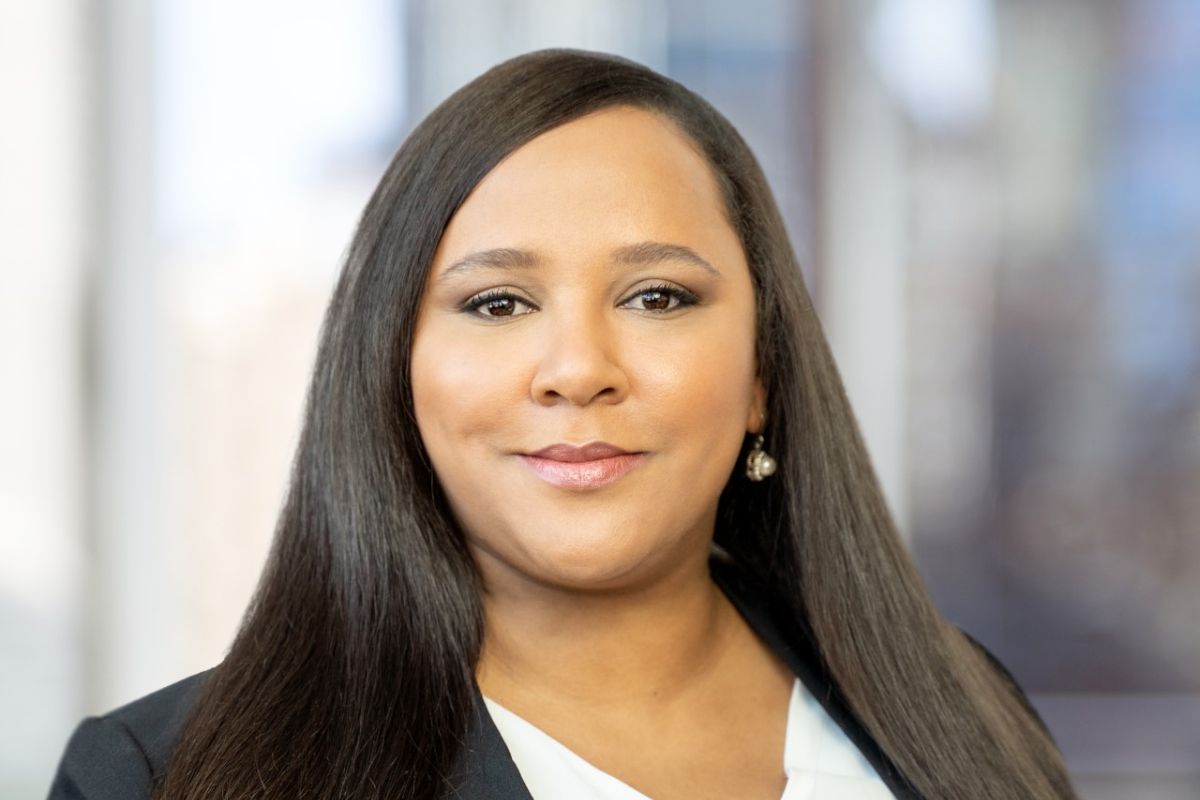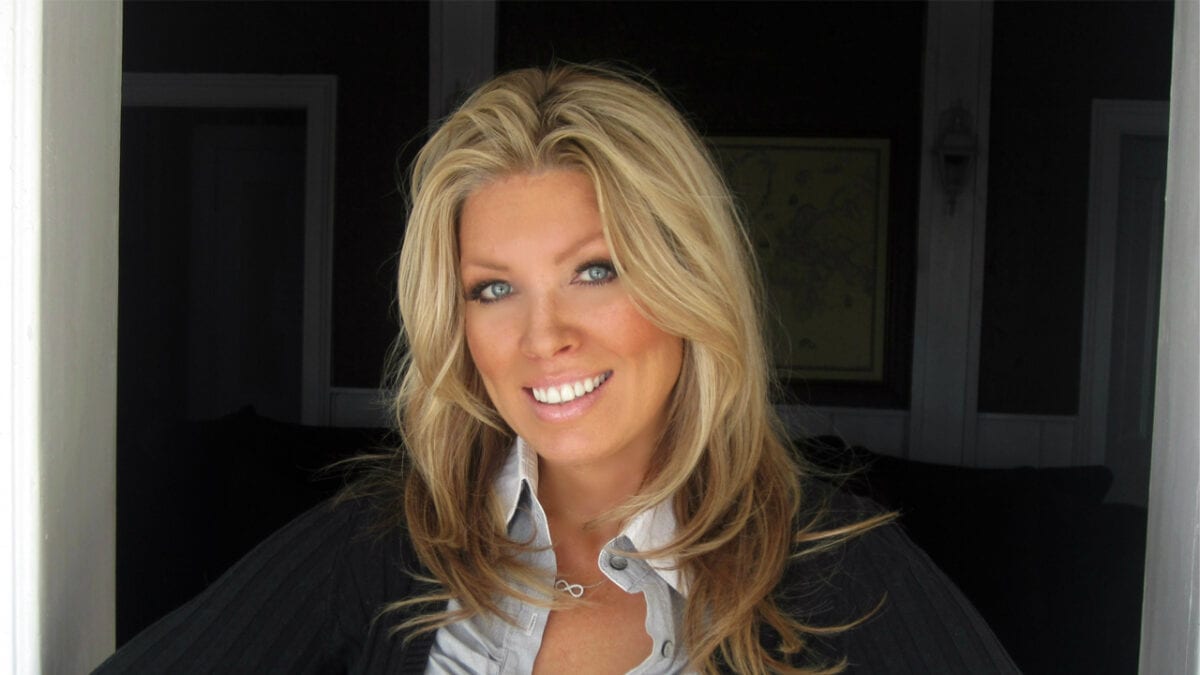Arun Sundararajan is the Harold Price professor of entrepreneurship, and professor of tech, operations, and statistics at NYU. Arun studies how digital technologies transform business, government, and civil society.
He provides expert input about the digital economy as testimony to the U.S. Congress, the European Parliament, the United Nations, and federal government agencies. Arun is a member of the World Economic Forum’s AI Governance Alliance, an advisor to Walmart, and the Internet Society of China. He works with tech companies on strategy, regulation, and forecasting.
He has published 50+ scientific papers in peer-reviewed academic journals. We spoke with Arun about AI, intellectual property, platform-enabled change, and the digital future of work.
In your book, “The Sharing Economy” you introduced the term ‘Crowd-Based Capitalism’. What opportunities has this shift brought?
‘Crowd-Based Capitalism’ refers to a shift in who owns and performs economic activities. In the 21st century, I saw a new hybrid, where organizations became a platform, connecting people with small and large suppliers of those services. YouTube was an early example. Over time, it bled into other sectors like short-term accommodation, where Airbnb empowered millions of people to become part-time hoteliers.
The opportunities this presents are twofold. One, you could see a crowd-based alternative to industries where it has not already taken off, such as energy production and low-end healthcare. The bigger opportunity is for full-time workers.
The platform-based, crowd-based capitalism system allows them to, even part-time, fulfill their entrepreneurial use. Many wouldn’t have started a bed and breakfast, but they post on Airbnb. They might not be full-time video entertainers, but they’re on Twitch and TikTok.
Generative AI raises questions about boundaries. What policy changes do you foresee in response?
There are several challenges. Easy-to-detect bias has been corrected in a band-aid-type fashion. These models are trained on what’s been written, including bias. Defining the boundaries between platform regulation and government intervention is tough. The good news is that governments are paying attention.
How will we enforce data integrity and intellectual property?
The use of copyrighted information to train generative AI systems will be considered fair use. That would be my guess. Then there’s the challenge to our ownership of capital. Intellectual property laws and copyright protect a piece of work that you create, but they don’t protect your artistic style. It’s been in balance until now. Now, we have technology that replicates the process of a particular human. It can create art, music or write in the style of someone. There was controversy around the use of an AI voice that sounded like Scarlett Johansson.
Highly-skilled foundry workers have their movements digitized to create robotic systems that replicate them. Intellectual property laws will be challenged to decide how much of us are in the public domain and how much of our human capital is ours.
What frameworks can help prevent deepfakes and misinformation from escalating?
When countering bias and misinformation or setting boundaries around intellectual property, there’s a trade-off between outlawing the technology or outlawing its use. In the case of deepfakes, the technology already exists. There’s no way to prevent it from being used, and there are good uses. I’ve been digitized. If someone got a hold of that and used it to create a deepfake of me, there’s little that can be done to prevent it, aside from the government deeming such use illegal.
What future job skills will be valuable, and how can individuals adapt?
Critical thinking, effective communication, and relationship-building skills are not going out of style. People must prepare for a world that is entrepreneurial. We’re entering a phase where the mix between the machine and the human is not predictable. If you learn how to be an entrepreneur, you build the skills to adapt to this shifting landscape and transition to a different occupation if necessary.
Jackie Marson | Contributing Writer

